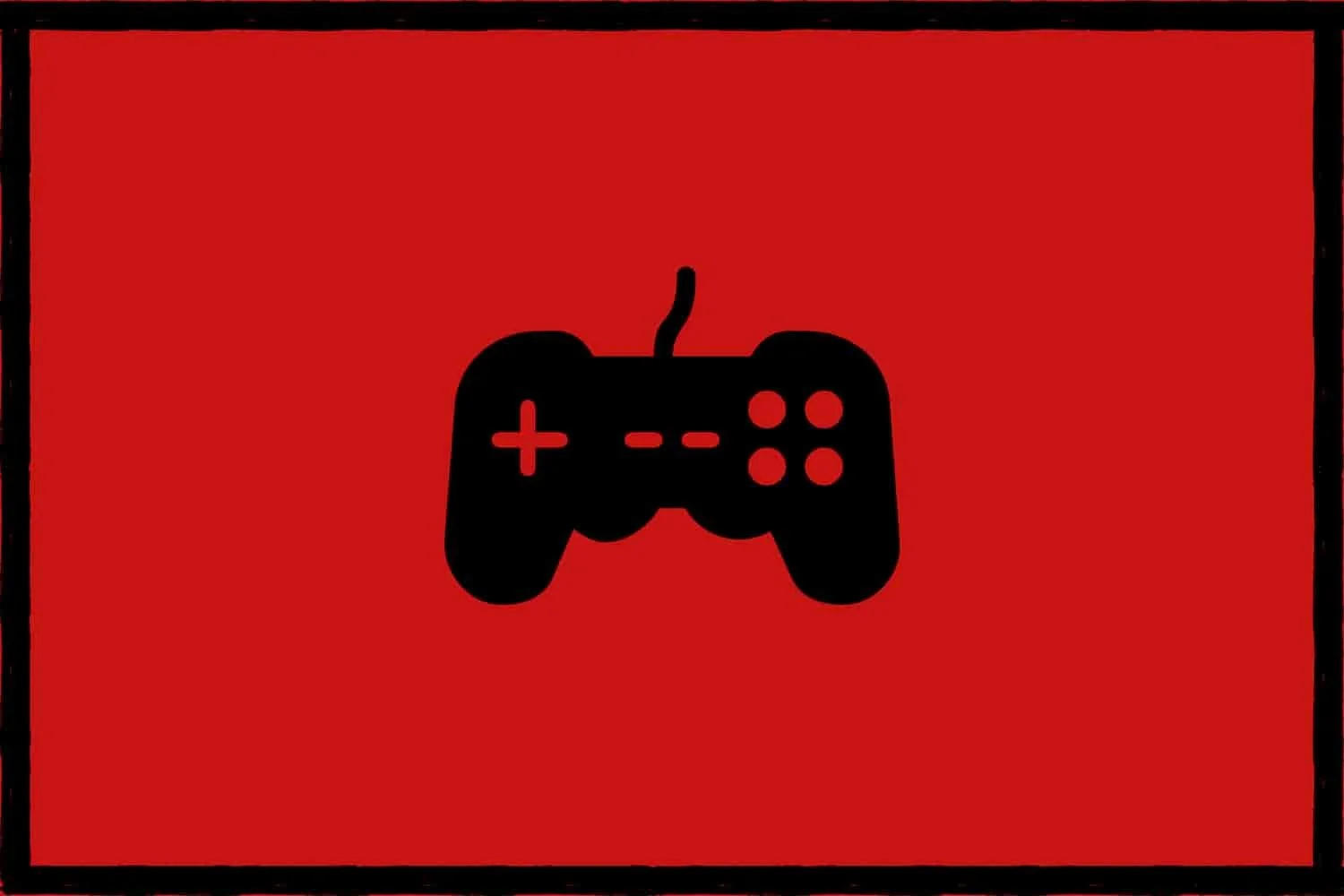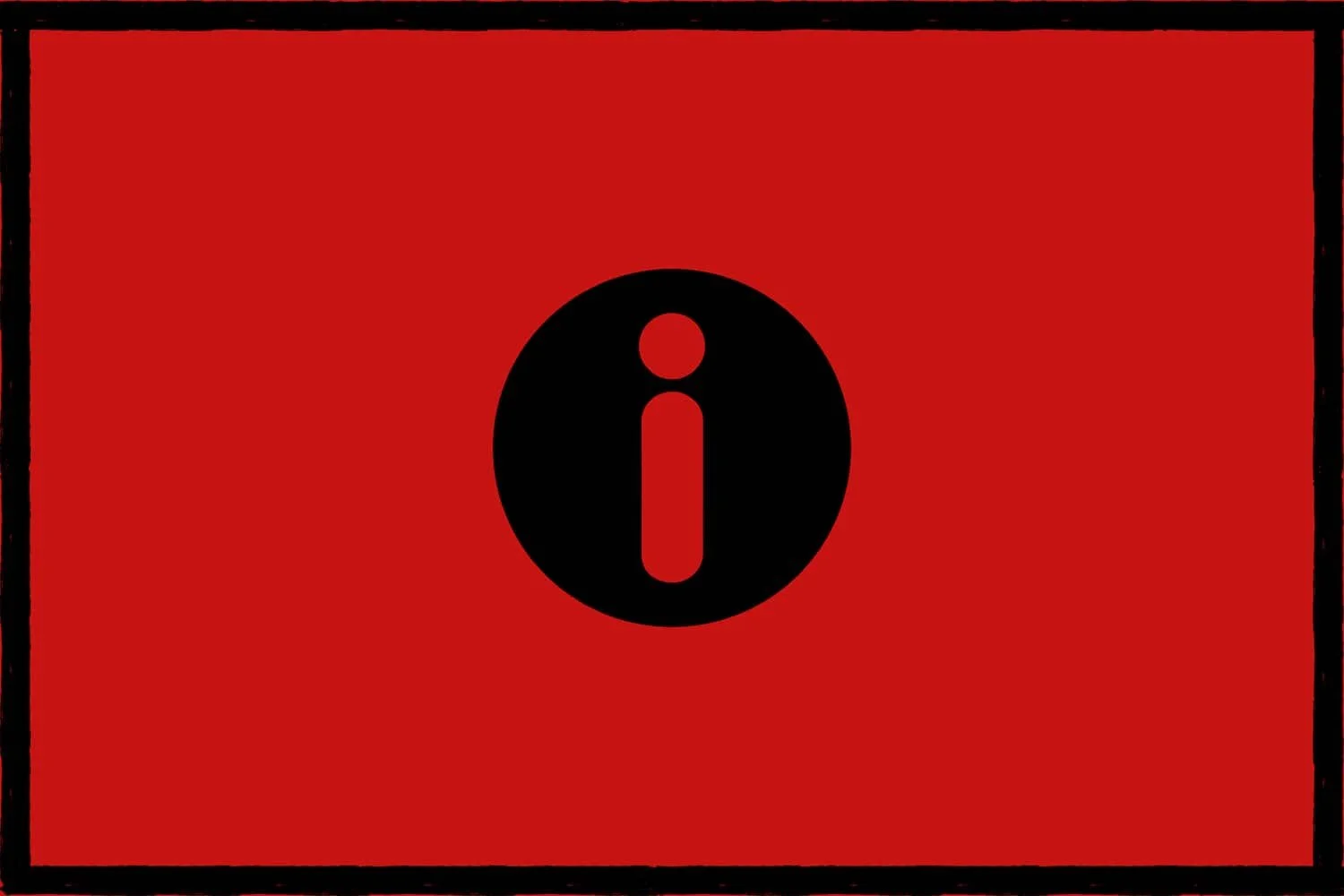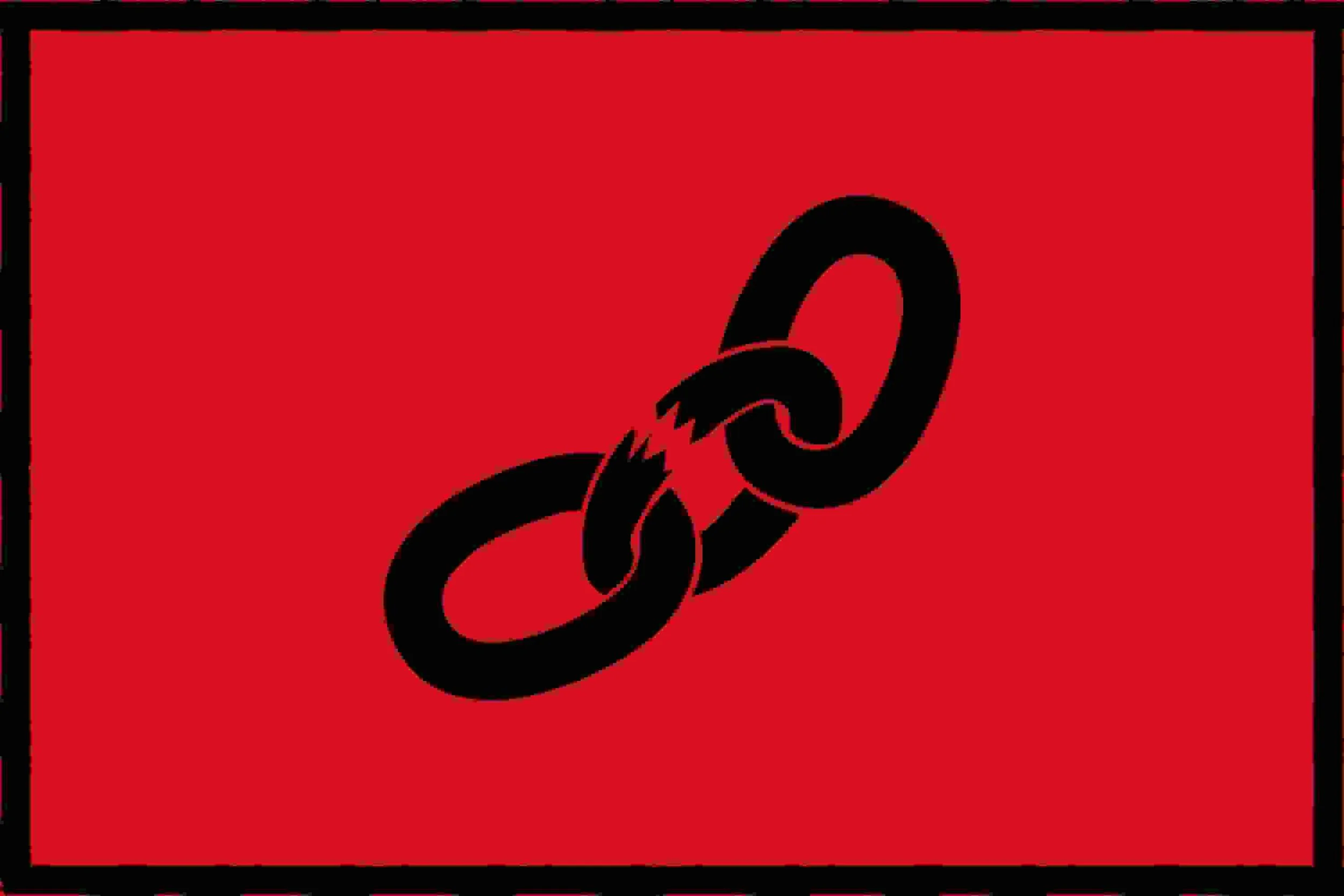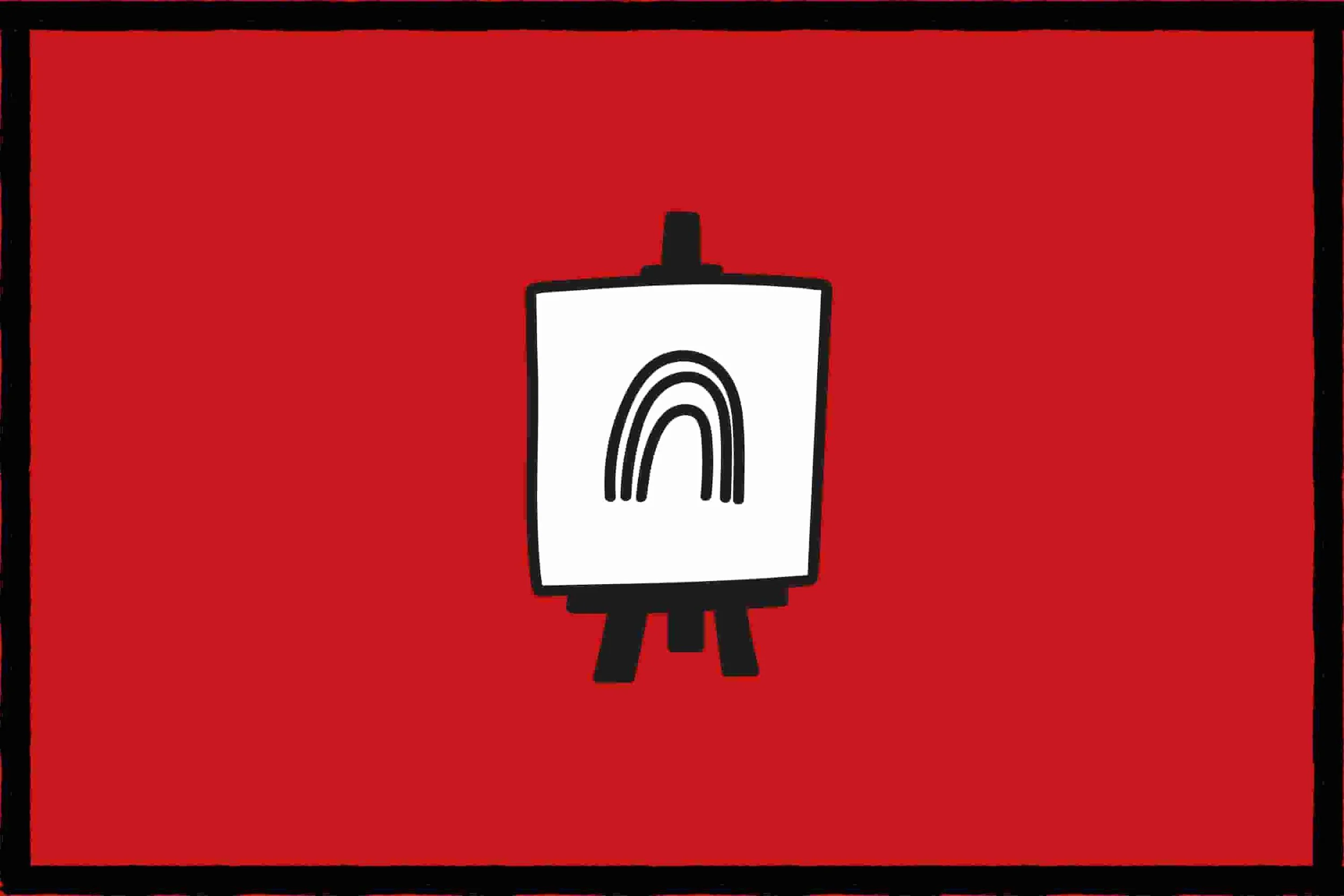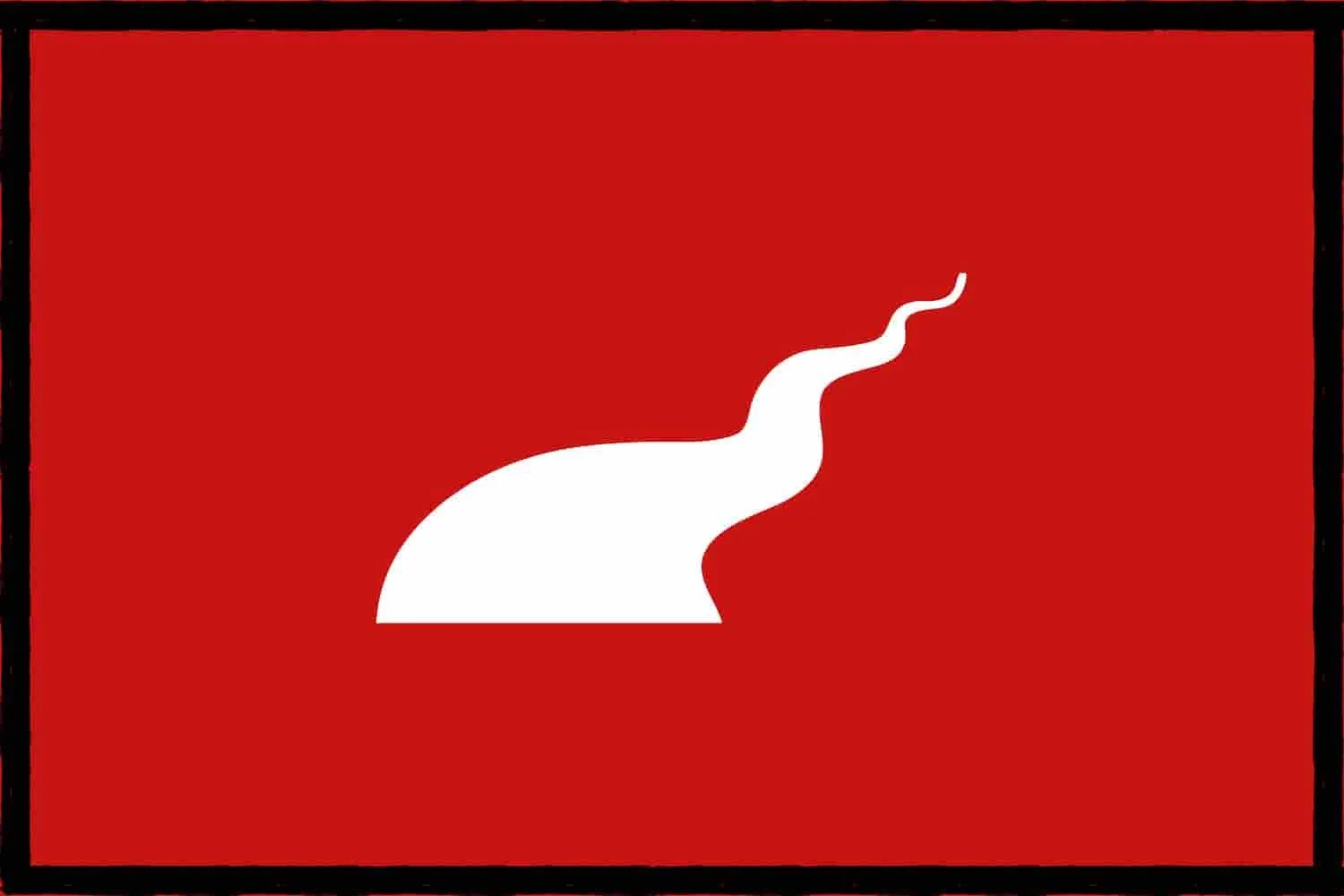Warren Buffett learned five important lessons about business before he ever made his first deal - lessons that can help you navigate your own future. If you’re wondering what gave Warren Buffett his edge, these key insights might provide some answers.
Read MoreSteve Jobs has some advice for you. The late Jobs is the mind behind the iPhone, a device that has changed how we interact with information and each other. And his genius can be mapped to an observation he has about the world we live in. Let’s break down his greatest insight.
Read MoreWhen you work on the right thing, it doesn’t feel like work. As Naval Ravikant says: “Building specific knowledge will feel like play to you but will look like work to others.” I get this feeling most often with writing. It doesn’t feel like work, but it looks like work to other people. And that’s the secret.
Wealth creation is about capturing leverage. These are tools like code, media, capital, and labor that magnify the impact of your decisions. Naval Ravikant insists that if you are picking a business model, pick one with as much free leverage as possible. And two ways to capture leverage are through economies of scale and network effects.
Read MoreYou know yourself better than anyone else. What you know about your talents, habits, likes and dislikes, worldview, and motivations is information no one else has. This asymmetric information gives you an advantage over the rest of the world… if you can only find the right realm to use it in.
Read MoreThe pursuit of wealth is not the pursuit of material goods. You don’t need sports cars, luxury clothes, yachts, or a $10,000 watch (though they could be fun, for a while). The lasting result of real wealth boils down to this: freedom of your time. It’s the freedom to live your life on your own schedule and your own agenda, pursuing passions and creative pursuits that light you up. The pursuit of wealth is the pursuit of freedom, nothing more.
Read MoreTime is your most important asset. It can’t be replenished, it can’t be stored for use later, and once it’s gone… it’s gone for good. That’s why you have to learn to say NO. If you don’t, other people’s priorities will become yours. And you’ll constantly wonder why you don’t have enough time or energy to build something for yourself.
Read MoreMost people jump from one project to the next - chasing one shiny object after another but never finishing anything. This is a bad idea because you want to compound the same set of skills for decades to become the best at what you do. But at the same time, you also want to expose yourself to the very real upside in other industries. How can you do both? Visual designer and entrepreneur, Jack Butcher, has a tweet that articulates the solution perfectly: “Build where you're best, bet where you aren't.”
Read MoreThe small things that you do consistently matter more than the large things you do sporadically. This is because consistency allows you to capture the awesome power of compounding - where small gains compound on each other to create massive change over time. From the history of the inorganic universe to the last 20,000 of human history, the power of small, incremental constant progress can be felt everywhere. And it’s the secret to your success.
Read MoreAll of life’s great returns come from compound interest. Whether you are compounding money, relationships, or skills, time is your greatest force multiplier. And that means you want to play the long game. You want to delay gratification now so you can get more later. Successful businesses, investors, wealth creators, athletes, and entrepreneurs all play the long game to maximize returns. Here’s how they do it…
Read More


